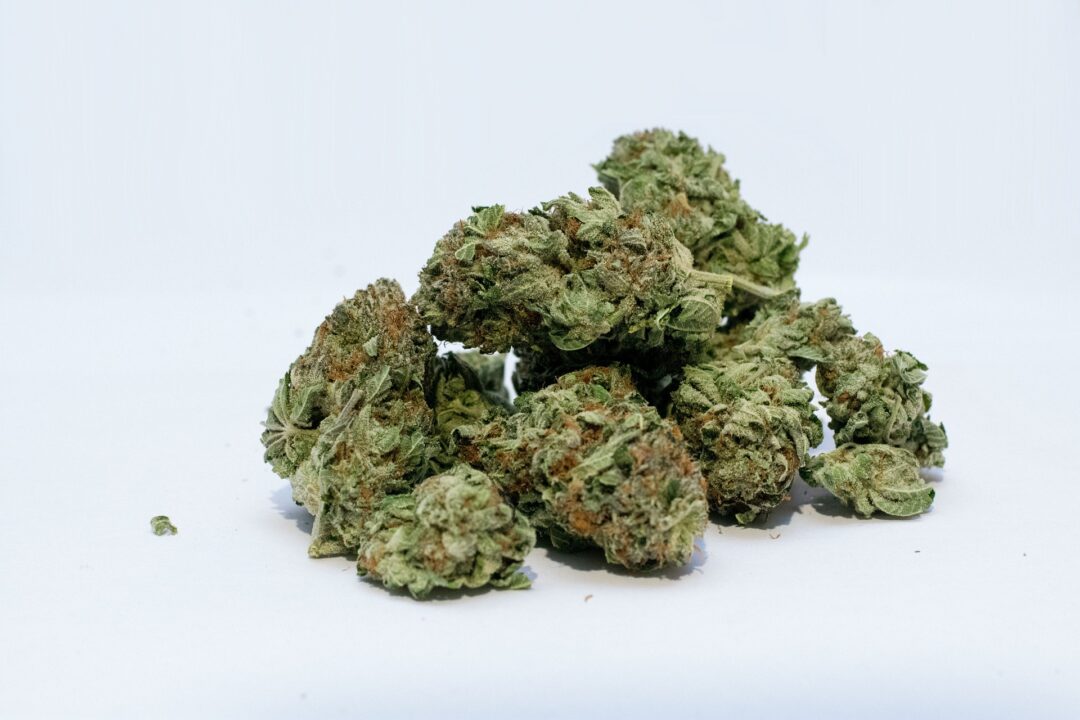An NCAA panel recommended Friday that marijuana be removed from its banned drug list and testing protocols.
The NCAA Committee on Competitive Safeguards and Medical Aspects of Sports (CSMAS) said that testing should be limited to performance-enhancing drugs and found that weed does not enhance performance.
The NCAA said a final decision is expected in the fall following discussions with membership this summer. In the meantime, the CSMAS is seeking support from the NCAA Board of Governors to halt testing for cannabis at championship events until a ruling is made.
The NCAA began considering the change after last December’s Summit on Cannabinoids in College Athletics featured the consensus opinion that marijuana is not a performance-enhancing drug. If approved, the organization would adopt a harm reduction philosophy toward the substance instead of taking punitive measures, similar to its stance on alcohol. That approach includes an education campaign aimed at addressing the health threats posed by contemporary cannabis and methods of use.
The latest proposal falls in line with most major professional sports leagues in the United States. In 2019, the MLB removed marijuana from its list of banned substances. In April, the NBA announced that it will no longer test players for pot. NFL players are allowed to enjoy weed in the offseason, but they are still subject to steep fines and potential suspensions during the season.
Last year, NCAA increased the THC threshold required for a positive test from 35 to 150 nanograms per mililiter, citing the level set by the World Anti-Doping Agency (WADA).
Internationally, though, cannabis remains banned at the Olympic level for in-competition tests because WADA still considers THC a performance-enhancing substance. WADA reviewed its policy last year, but opted in September to keep marijuana banned in competition for 2023.
There are about 1,100 schools in the U.S. and Canada (shoutout Division II Simon Fraser), which became the first G7 nation to legalize recreational marijuana on the federal level. In the U.S., it has been approved recreationally in 23 states as well as the District of Columbia and medically in 40 states (and D.C.). Federally, however, it remains illegal and classified as a Schedule I drug along with heroin and cocaine.
In 2021, American track star Sha’Carri Richardson was infamously removed from the U.S. Olympic Team as the result of a positive test for THC. The White House said that it was pushing for a review of the rules relating to cannabis use in sport.
Among the swimmers who have been banned from competition by an anti-doping authority after testing positive for THC include American Tate Jackson.
Singapore’s Olympic gold medalist Joseph Schooling was recently barred by his country from competing after confessing to using marijuana, but that ban was the result of Singapore military policy and was not within the anti-doping framework.

Bad idea. If it’s removed, athletes will be getting high more than getting trained.
And people, anything that alters your state of mind is a drug, meaning, alcohol is technically a drug.
Caffeine too bruh
So then why aren’t athletes getting drunk more than getting trained? It’s almost like you can do things in moderation and still succeed in other aspects of life. Crazy concept, I know.
It’s crazy this hasn’t already been done
Our men’s team smoked all season and never had a positive test. Too 20 school in the ncaa.
how does this affect Sun Yang’s legacy?
I’m more surprised by the amount of devils advocates in the comments.
Weed is tight, weed is tight.
Curious to hear Gary Hall’s comments about this.
doesnt enhance performance my a5s
CBD enhances recovery
I love that 12 people disliked a proven fact not opinion on CBD bc it’s still marijuana